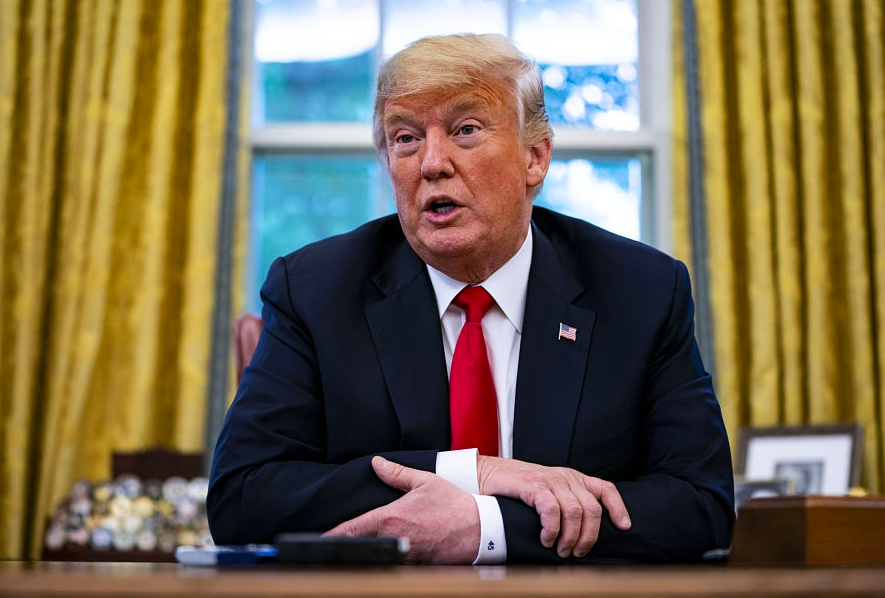It's not every day an estate and tax planning story makes the front cover of a national newspaper, but many financial services professionals spent the last 24 hours reading through a
lengthy report from The New York Times on strategies that President Donald J. Trump used to protect his wealth from taxes.
For some, the methods described are an aggressive take on common and accepted techniques to reduce one's tax burden. Others feel the Trump family stepped over the line of accepted behavior to avoid paying their fair share of taxes.
"It all turns on valuation gimmicks," said Steven Rosenthal, senior fellow of the
Urban-Brookings Tax Policy Center. "Some are conventional and accepted. Others are straight up misrepresentations of value."
Legitimate estate planning frequently involves lowering the value of the estate to reduce tax penalties using structures similar to those described in the Times' report, Mr. Rosenthal said.
(
More:
Super-rich are piling up wealth in black-box charities)
But where Mr. Trump's father may have gone over the top is by using a corporation as a conduit to ship assets to children. Fred Trump allegedly formed a company, All County Building Supply & Maintenance, to make purchases for his real estate holdings. Instead, it appears the company was used to shift money from Fred Trump to his heirs.
"This should have been a gift, and a gift tax should have been filed," said Mr. Rosenthal. "You can't just misprice stuff to side-step the gift tax."
Howard Kramer, president and chief executive of
H. A. Kramer & Associates, said the president and the professionals he worked with on these strategies should be prosecuted "to the full extent of any law."
"Trump is a bumbling criminal. This is just another example of how he has easily gotten away with fraud and malfeasance, lying and deception," Mr. Kramer said.
Beth Shapiro Kaufman, president of law firm
Caplin & Drysdale, said a number of the reports seem egregious, but most striking are those of the family repeatedly undervaluing real estate holdings to sharply reduce the tax bill when properties were passed to Donald Trump and his siblings.
"Don't think I would be recommending the strategies here [to my clients]," Ms. Kaufman said. "This, taken as a whole, is a pattern of behavior that would not be recommended by legitimate tax advisers. It's over the top."
She added that it's legally possible the Internal Revenue Service looks into unfiled gift tax returns, but the age of the case might make it too difficult to pursue.
"The decision to do that would be a weighty decision for the brand new commissioner of the IRS, who just started his job on Monday," Ms. Kaufman said.
However, Bruce Steiner, attorney at
Kleinberg Kaplan Wolff & Cohen, said the most newsworthy part of the story is that it involves the president. Techniques like grantor-retained annuity trusts are very common, as is claiming discounts for owning non-controlling interests in real-estate, he said.
(
More: Trump touts advantages of capital gains break, but experts aren't convinced)
Reasonable people could dispute over the timing of how properties were valued before they were gifted, but Mr. Steiner said it doesn't appear to him that the methods shifted the value of the Trump estate.
"I would have thought [Fred Trump] would have done more stuff with the trusts than he did. Same with Donald," he said. "The valuations appear to be aggressive, but I haven't seen the underlying appraisals, so I don't know."







